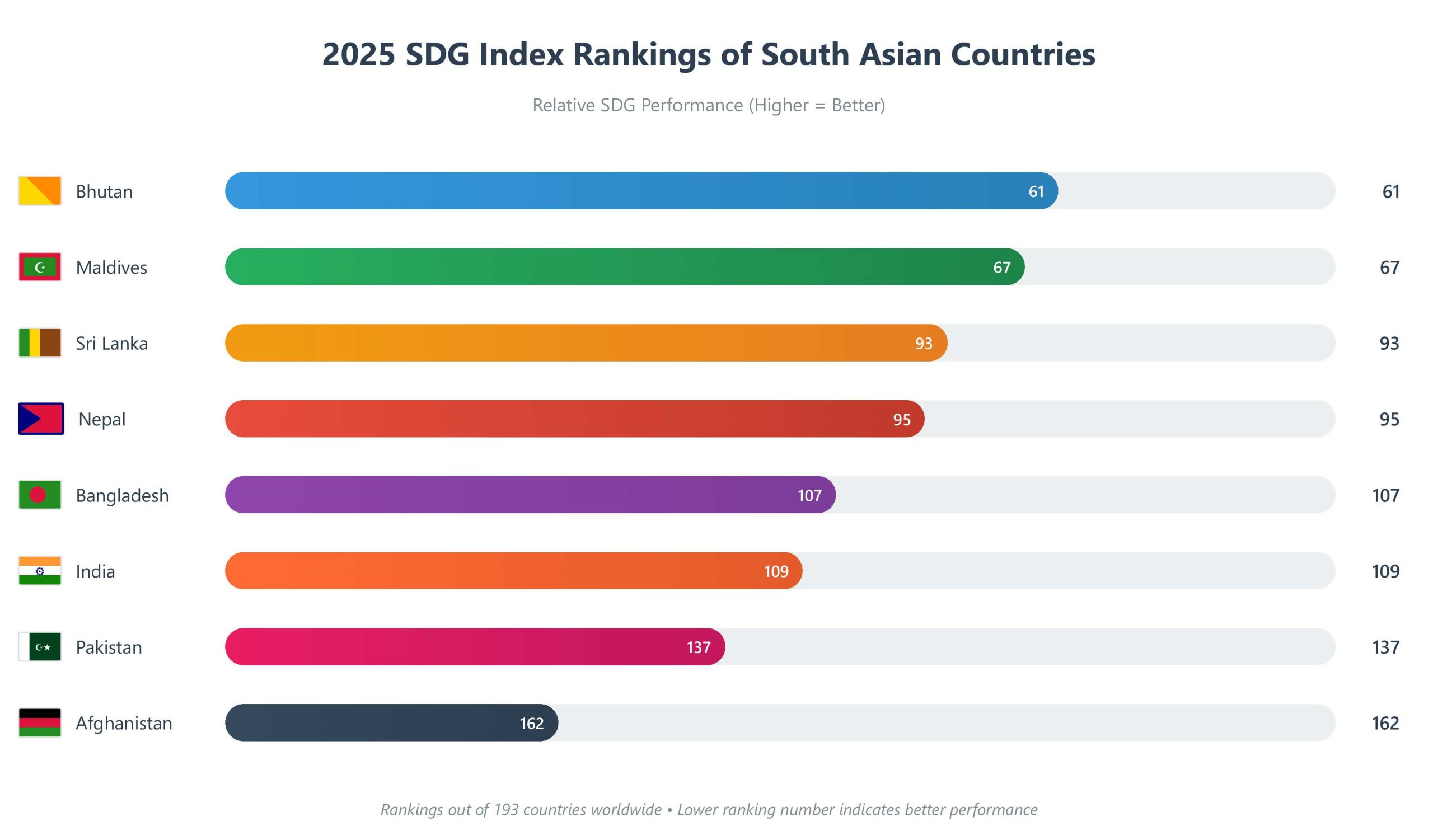About Us
About US
The CSIS connects the NSU campus with the community to generate high impact opportunities that address national, local, and global challenges and prepare the future generation for a vibrant, just and equitable world. As the leading private university in Bangladesh, it is at the core of the Institution and we are working to fully incorporate this in our mission, vision, and strategies. Everything we do leaves a lasting impact on our planet, on our society, and on our community. It is critical for us to address the fundamental environmental and societal issues we face on a local, regional and global scale. CSIS supports Three Zero Goals (Zero poverty, Zero unemployment, Zero net carbon emission) and sustainable growth. Engaging students, faculty and staff, and the community are fundamental to how we work for the future generations, and the well-being of this planet.
The Center aims to bridge academia, government, civil society, and the private sector to co-create impactful solutions for the most pressing socio-environmental challenges facing Bangladesh and the Global South.
As Bangladesh ranks 107th on the 2025 SDG Index and remains the 7th most climate-vulnerable country globally, the Center responds to an urgent national and regional need for integrated, evidence-based, and inclusive development strategies.The Center also aims to contribute actively to national development plans and to global frameworks such as the United Nations Sustainable Development Goals (SDGs) and the Paris Agreement.
It will serve as a catalyst for knowledge exchange, policy dialogue, and innovative solutions for a resilient, low-carbon, and inclusive future.
Bangladesh faces US $3 billion annual disaster loss, and 6.3 million people affected by climate change
It has been estimated that by 2050, one in every seven people in Bangladesh will be displaced by climate change. Specifically, with a projected 19.6 inch (50 cm) rise in sea level, Bangladesh may lose approximately 11% of its land by then, and up to 18 million people may have to migrate because of sea-level rise alone.

